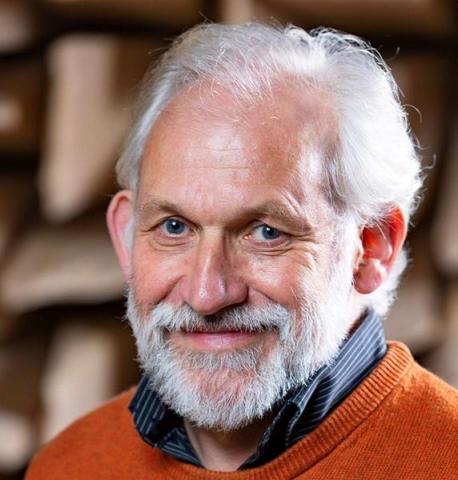About the project
Hearing speech is usually easy, but understanding speech in noise or in poor acoustic environments can be very challenging. This can impact on people’s ability to communicate, especially over extended periods, impair their social interaction and their performance in tasks, including work and in school.
For hearing impaired listeners, some even with only mild impairment (e.g. normal for their age and in early stages of the continuum between normal hearing and clinically significant impairment), this can become critical and exclude them from particular environments and activities, and degrade their general wellbeing. Increased effort in listening also affects performance on tasks and increases the general level of fatigue in daily life.
However, our understanding of ‘Effort in Listening’ or ‘Ease of Listening’ remains limited, and current tools to quantify these constructs are not sufficiently robust (Ohlenforst et al., 2017) and no ‘gold standard’ has emerged. The overarching aim of the current project is to find methods that can continuously monitor this ‘effort’ in listening over extended periods, using a range of physiological signals such as heart-rate, skin impedance, pupil diameter etc. and advanced multivariate signal analysis approaches. Our vision is that such methods will support the evidence-based design of future acoustic environments (e.g. in public buildings, cars or aeroplanes), speech enhancement and audio systems and environmental noise mitigation measures. Monitoring effort continuously over extended periods, and not only after specific (brief) tasks, as is currently commonly done, will permit the assessment of fatigue and the effects of changing listening conditions, in a manner that is (relatively) unobtrusive and closer to ‘real-world’ challenges to listening to speech in noise (i.e. ecologically valid). A key focus in this project will be the investigation of individualized (personal) patterns of responses, the use of additional physiological measures (and their combination) and the monitoring of effort over extended periods when listeners may be fatiguing.
We are seeking a PhD student with a background in one or more of the following areas: biomedical engineering, signal processing, hearing science/audiology or psychophysiology; experience in more than one of these fields is a distinct advantage. A desire to work at the forefront of the interface between these fields is a requirement. The project will be carried out as part of an ongoing collaboration between biomedical and acoustical engineers and hearing scientists and audiologists in the Institute of Sound and Vibration Research (ISVR) at the University of Southampton.

